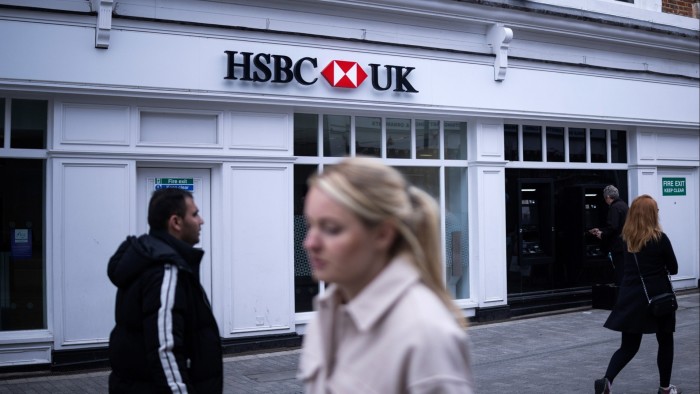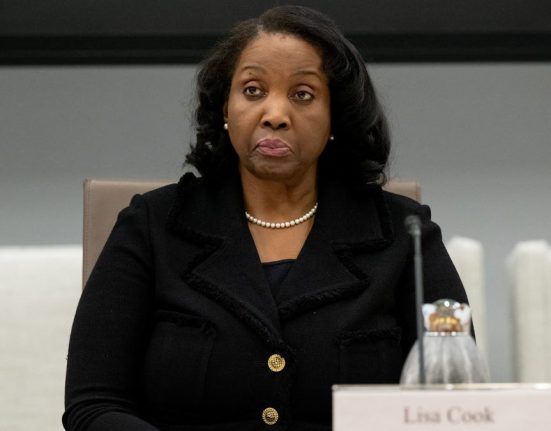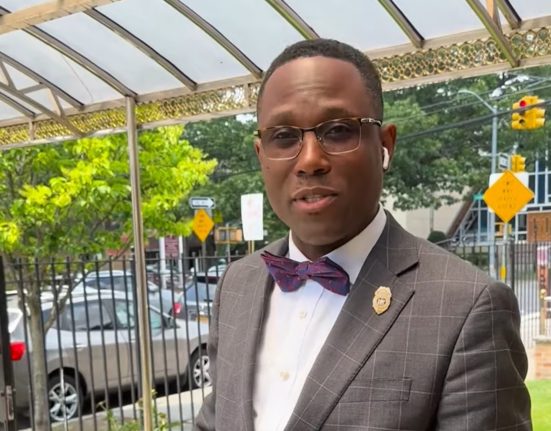Unlock the White House Watch newsletter for free
Your guide to what Trump’s second term means for Washington, business and the world
A leading global banking climate alliance has “paused” its activities after losing top European and Wall Street members amid Donald Trump’s ongoing crusade against climate change.
The Net-Zero Banking Alliance said on Wednesday it had opened an internal vote about moving from a membership-based organisation to a looser structure, with the results due late next month.
HSBC, Barclays and UBS all recently left the group, founded in 2021, following the departure of members including JPMorgan Chase and Bank of America.
The American president has previously labelled climate change as a “hoax”. The industry club has struggled to reconcile accusations in the US of wokeness or anti-competitive behaviour with its ambition to help members cut the carbon footprint of their loan and deal books.
An equivalent investor group, the Net Zero Asset Managers initiative, said earlier this year it would review its activities after BlackRock and others left the group.
Both sectoral alliances were set up with the backing of Canadian Prime Minister Mark Carney alongside groups for insurers and asset owners, which have also come under fire since Trump re-entered the White House.
The banking group’s members voted in April to ditch a pledge to support the alignment of the global economy with a target to limit global warming to 1.5C above pre-industrial levels in favour of a less stretching target also enshrined in the 2015 Paris agreement.
This followed reports by the Financial Times that European banks had threatened to pull out unless the group changed its rules, following similar threats by US banks three years ago.
Abandoning its membership model could help the organisation continue to support banks to “accelerate the real economy transition” in line with the Paris agreement, the alliance said.
HSBC said last month it had decided to withdraw from the banking alliance but remained “resolute” in helping clients to finance their clean energy transitions.
Europe’s largest bank — one of the first global lenders to set net zero targets for 2050 — said it recognised that “the transition to net zero is not linear or uniform across sectors, markets and regions”.
Barclays followed shortly after, stating the withdrawal of most global banks from the alliance meant it could no longer support the British bank’s transition.
US members, including JPMorgan Chase, Morgan Stanley and Goldman Sachs, all left the organisation ahead of Trump’s inauguration in January.
Lucie Pinson, head of the campaign group Reclaim Finance, said the pause was a way to “avoid the embarrassment of losing relevance as its largest members gradually withdraw”. She said the situation was “absurd” given the group had never “truly challenged the fossil fuel-oriented business models of major banks”.
UK Sustainable Investment and Finance Association chief executive James Alexander said it was “vital that banks continued to make the drive to net zero a key priority”.
Climate Capital

Where climate change meets business, markets and politics. Explore the FT’s coverage here.
Are you curious about the FT’s environmental sustainability commitments? Find out more about our science-based targets here







